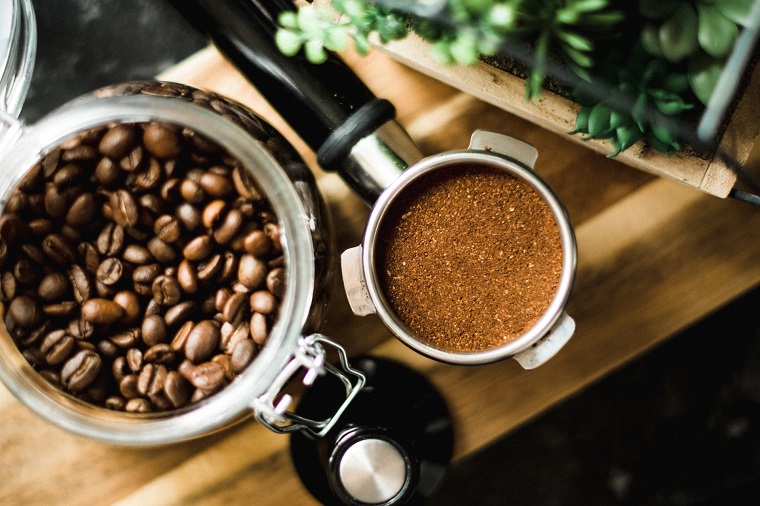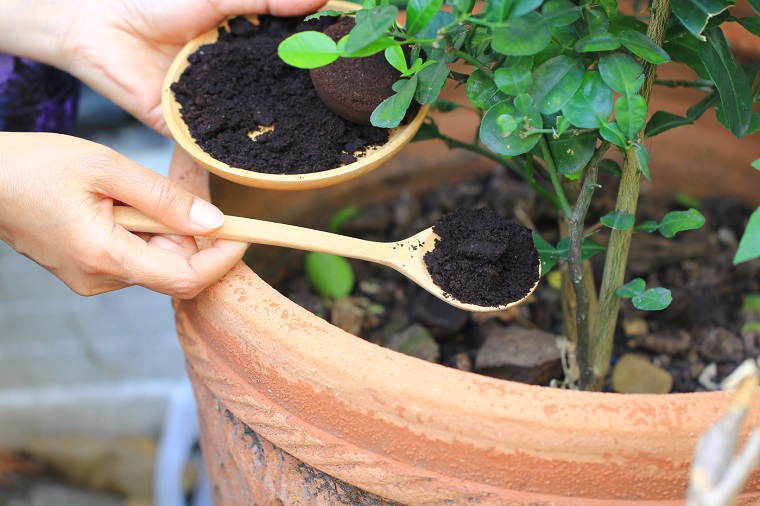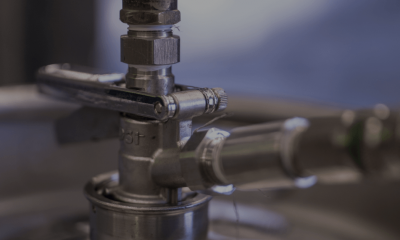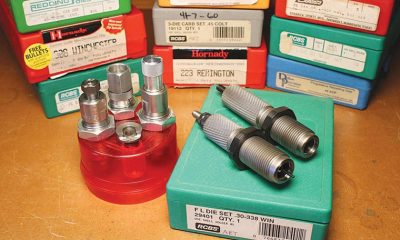Food & Drinks
Tips for Cultivating Eco-Friendly Coffee Habits (that Benefit the Earth and You)
In a world where environmental concerns are becoming increasingly critical, adopting eco-friendly habits is essential. The choices we make in our daily routines, even as seemingly small as our coffee habits, play a significant role in the collective effort to protect the planet.
For coffee lovers, embracing sustainable practices not only benefits the Earth but also enhances personal well-being. By delving into the realm of eco-friendly coffee habits you can reduce waste, conserve resources, and contribute to a healthier environment. If you’re wondering how to make that happen, don’t worry – we’ve got you covered. Here are a few eco-friendly habits that benefit both you and the Earth.
Use a Reusable Coffee Cup or Mug

Embracing the use of a reusable coffee cup or mug holds immense benefits for both your coffee experience and the environment. By opting for a reusable option, you actively contribute to reducing single-use waste, curbing plastic pollution, and conserving resources. With a diverse range of options, you can effortlessly integrate these cups into your daily routine, keeping your beverages at the perfect temperature while minimizing your carbon footprint.
For instance, choosing one of the versatile Frank Green reusable cups would elevate your coffee experience. The range of reusable cups they offer has something to suit everyone’s taste and preference. From lightweight BPA-free plastic cups to innovative insulated coffee mugs that excel at keeping beverages hot for hours, Frank Green caters to a wide range of needs. They also have elegant glass cups and even stylish ceramic cups.
With various sizes, designs, materials including options for kids, and a vibrant palette of colours, there’s a Frank Green cup for every individual. By opting for Frank Green reusable cups as your main drinking vessel, you actively contribute to the shared mission of eliminating single-use cups and participate in shaping a greener future for all.
Unlike most disposable paper cups, which cannot be recycled due to being made from bleached paper coated with non-recyclable polyethylene and impregnated with harmful dyes, Frank Green’s range offers a sustainable solution. Opting for a Frank Green reusable cup not only enhances your coffee routine but also aligns with a responsible approach to environmental preservation.
To maintain hygiene, extend their lifespan, and preserve beverage flavours, it’s recommended to clean these cups thoroughly. Residue from previous drinks can taint the taste and provide a breeding ground for bacteria. To clean effectively, disassemble components, like lids, and hand wash all parts with warm soapy water, paying attention to corners and crevices. For a more thorough clean, you can use a specialized cup brush or bottle brush.
Choose Sustainable Coffee Beans

Another important eco-friendly coffee habit is using sustainable coffee beans. Doing so not only ensures a delightful cup but also supports responsible farming and a healthier planet for present and future generations. To choose sustainable coffee beans, look for certifications like organic, Rainforest Alliance, or Fair Trade.
Prioritize shade-grown and single-origin options to support biodiversity and reduce transportation emissions. These beans are often grown with minimal use of chemicals, reducing environmental harm. Research the coffee company’s sustainability practices and consider buying from local or ethical roasters.
Brew at Home
Brewing coffee at home is an additional eco-friendly habit with multiple benefits. By making your coffee, you reduce the need for single-use cups, lids, and packaging that contribute to waste. Additionally, you minimize the carbon footprint associated with transportation and the energy used in commercial coffee production.
To embrace this habit, invest in a reusable coffee maker like a French press, pour-over, or drip machine. Choose sustainably sourced beans and grind them just before brewing to enhance flavour and minimize packaging waste. Using your favourite reusable cup or mug completes the eco-friendly cycle, allowing you to savour your coffee guilt-free while contributing positively to the environment.
Compost Coffee Grounds

Composting your coffee grounds is a simple habit that has many advantages. By composting, you cut down on waste and enhance soil quality, contributing positively to the environment. It’s an easy way to make a significant difference and promote sustainability.
You can do this by combining your used coffee grounds with kitchen leftovers and yard clippings in a compost bin. Over time, this mixture will transform into nutrient-packed soil that enhances plant growth. Since coffee grounds are a source of nitrogen, which is a vital nutrient, this soil will benefit your plants and help them thrive.
Support Local and Sustainable Coffee Shops
Supporting local and sustainable coffee shops is a crucial step towards adopting eco-friendly coffee habits and contributing to a more environmentally conscious lifestyle. By enjoying your coffee this way, you help the planet and support responsible businesses at the same time.
To do this effectively, research local coffee shops that emphasize sustainability in their practices. Opt for “green cafes” that offer organic or fair-trade options, and prioritize sustainable practices, such as using eco-friendly cups and offering incentives for using reusable containers. You can even bring your own reusable cup to minimize waste.
What Is the Least Wasteful Way to Brew Coffee?
Brewing coffee with a Moka pot is an eco-conscious choice that minimizes waste. With its built-in metal filter, paper filters become unnecessary, reducing paper waste. Choosing a Moka pot showcases a commitment to sustainable coffee brewing, combining great taste with a minimal ecological footprint.
Moreover, the durable, reusable nature of Moka pots eliminates the need for frequent replacements and excessive packaging. Composting the coffee grounds adds value to gardens or compost piles. These pots, often made from aluminium or stainless steel, also contribute to reduced environmental impact. Using an energy-efficient stovetop can further enhance their eco-friendliness.
To Sum Up
Taking care of our planet might seem an impossible and challenging task for just one person. However, it’s important to remember that meaningful change often begins at the individual level. By cultivating simple yet significant eco-friendly coffee habits, you can make a positive impact on the environment and contribute to a more sustainable future.
Small actions, like drinking coffee from a reusable mug, composting coffee grounds, and making your own brew, hold immense potential for preserving the planet for generations to come. Embracing these practices brings you one step closer to an eco-conscious lifestyle and demonstrates that every individual effort counts.
As a proud Pisces known for the selflessness, Olivia joined up the blog fascinated by the idea she can help readers with info on topics and their related benefits like health and beauty, travel, food and drinks. When not writing, she likes to call it a day reading comic books in the company of her Tonkinese cat Chatty or binge-watching The Big Bang Theory with her SO like the nerd she is.


























